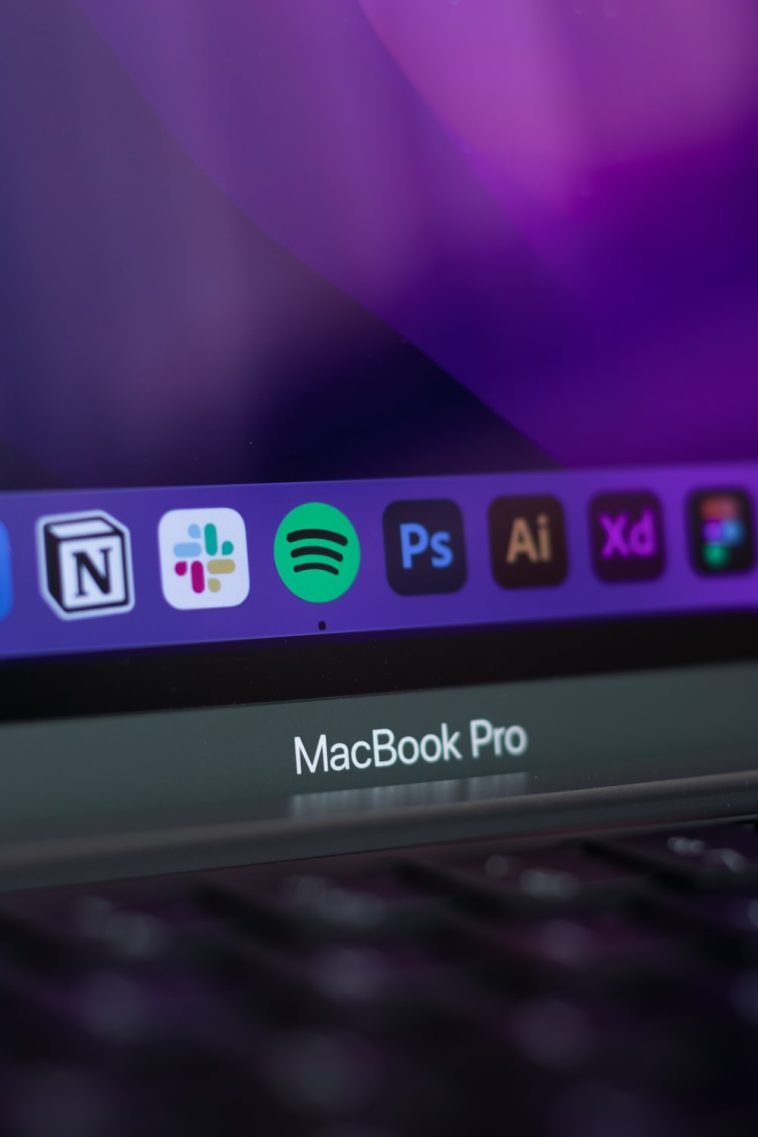Introduction.
Notion has become one of the go-to tools for organizing work, managing projects, and staying on top of tasks. Businesses, freelancers, and individuals use it to streamline their workflows and boost productivity.
But as popular as Notion is, not everyone has the time or expertise to make the most of it. That’s where Notion consultants step in.
If you’re good at using Notion, you could turn that skill into a way to earn money. Whether it’s designing custom workspaces, teaching others how to use the platform, or helping teams set up processes, there’s a growing demand for Notion experts.
Let’s dive into how you can make this work for you.
What Does a Notion Consultant Do?
At its core, a Notion consultant helps others make the most of the platform. This could mean:
- Building custom dashboards: Creating systems for personal use, teams, or entire companies.
- Training and workshops: Teaching clients how to use Notion effectively.
- Process optimization: Helping businesses set up workflows that save time and effort.
- Troubleshooting: Fixing any issues clients encounter in their Notion setups.
Some consultants work one-on-one, while others take on large-scale projects for organizations. There’s also room to create templates or courses and sell them online for passive income.
Why is Now the Right Time to Become a Notion Consultant?
Notion’s popularity keeps growing. As of 2023, over 30 million people use it worldwide, and that number is still climbing. Teams and businesses are adopting it to replace older tools like Trello, Evernote, or Google Docs.
But while it’s versatile, Notion can feel overwhelming at first. Many people don’t know where to start, so they look for experts who can make it easier.
If you already know the ins and outs of the platform, there’s a real opportunity to turn your knowledge into income.
How Do I Start Earning as a Notion Consultant?
Here’s a step-by-step guide to get you going:
1. Build Your Expertise
Before you start offering services, make sure your Notion skills are solid. Learn advanced features like databases, relations, roll-ups, and automation. If you haven’t already, spend time creating sample workspaces to showcase your abilities.
2. Create a Portfolio
Potential clients want to see what you can do. Build a portfolio that includes:
- Examples of dashboards or templates.
- Case studies showing how you’ve helped others.
- Testimonials from people or businesses you’ve worked with (if possible).
You can host your portfolio on Notion itself or create a simple website.
3. Set Clear Services and Pricing
Decide what services you’ll offer and how much you’ll charge. Some options include:
- Hourly rates: Great for troubleshooting or training sessions.
- Project-based pricing: Perfect for creating custom systems or doing larger setups.
- Template sales: If you design templates, you can sell them online through platforms like Gumroad or Etsy.
Rates vary depending on experience and the complexity of the work, but beginner consultants often charge between $50–$150 per hour.
4. Find Clients
Start small by reaching out to friends, coworkers, or small businesses who might need help. You can also:
- Join Notion-related groups on Facebook, LinkedIn, or Reddit.
- Offer free mini-consultations to build relationships and gain testimonials.
- List your services on freelance platforms like Upwork or Fiverr.
Over time, word-of-mouth and positive reviews can help you grow your client base.
5. Offer Additional Value
To stand out, focus on providing more than just technical expertise. Clients often appreciate:
- Ongoing support: Offer check-ins or maintenance packages.
- Custom documentation: Create guides for their specific setup.
- Training videos: Record tutorials that they can refer back to.
Expanding Beyond Consulting
Once you’ve established yourself, consider other ways to grow your income:
- Sell Notion templates: Templates for productivity, project management, or personal use are always in demand.
- Host workshops or webinars: Teach groups how to use Notion effectively.
- Create online courses: Platforms like Udemy or Skillshare make it easy to reach a wider audience.
These options can bring in passive income while building your reputation as an expert.
Challenges You Might Face
Starting as a Notion consultant isn’t all smooth sailing. Some common hurdles include:
- Competition: The demand is high, but so is the supply of consultants. Standing out is key.
- Pricing pressure: It’s tempting to lower rates to win clients, but this can undervalue your work.
- Client expectations: Some clients may not know what’s realistic, so setting clear boundaries is important.
These challenges aren’t deal-breakers, though. With the right approach, they can be managed.
FAQs
1. Do I need formal certification to be a Notion consultant?
Not at all. Notion doesn’t offer certifications, so what matters most is your skill and experience.
2. How much can I earn as a Notion consultant?
This depends on your experience, the type of clients you work with, and the services you offer. Beginners often make $1,000–$3,000 per month, while experienced consultants can earn much more.
3. Can I do this part-time?
Absolutely. Many consultants start as freelancers or side hustlers before going full-time.
4. Where can I learn more about Notion?
Notion’s official YouTube channel, online forums, and courses from other consultants are great places to start.
Ready to Get Started?
Becoming a Notion consultant can be a rewarding way to use your skills and make money. Whether you’re helping individuals get organized or transforming how businesses work, there’s no shortage of opportunities.
What’s the first step you’ll take to turn your Notion skills into a profitable career? Let me know!





GIPHY App Key not set. Please check settings